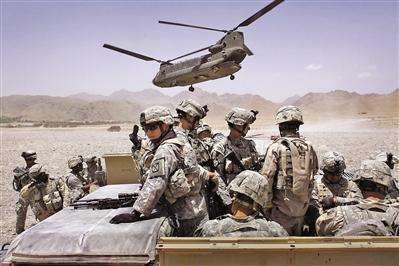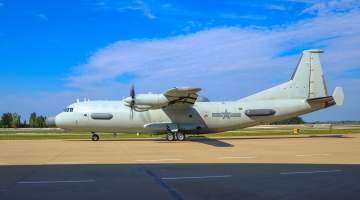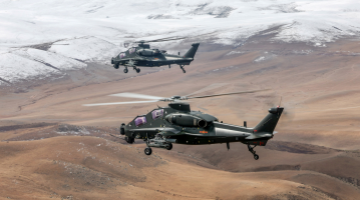
By Chen Hanghui and Fei Yuchun
Afghanistan has passed an eventful period recently. The US and Taliban finally signed a peace deal on February 29 after tens of rounds of negotiations, but only one day later, the Taliban attacked the Afghan government forces for divergences over the release of prisoners. The US President Donald Trump tweeted on March 3 that he had conducted a good conservation with Taliban leaders, who, however, made clear their position through a string of attacks several hours later, forcing the US to respond with an airstrike. Even though nobody put much hope on the US-Taliban peace deal, they didn’t expect it to be so fragile.
But it seems the US defense secretary Mark Esper didn’t plan to stop withdrawing the troops, and Trump has emphasized over and over again that the US cannot be the “cop” in Afghanistan forever and cannot stay there for another 20 years. According to the agreement, all American troops will be pulled out of Afghanistan in the coming 14 months if everything goes well.
Is the US really going to take all of its troops home from Afghanistan? The answer would probably be no.
The US military has to maintain its presence in Afghanistan to sustain its anti-terrorist efforts. One of the purposes why the US launched a war against Afghanistan was to uproot al-Qaeda and keep the country from becoming again the base camp where terrorist organizations plot attacks against the US. However, although al-Qaeda has been severely battered in the past 20 years or so, it has never been annihilated either as an ideology or a terrorist entity.
In addition to al-Qaeda, the US also faces threats from the emerging Afghan branch of the Islamic State (IS), which has taken root in Afghanistan after sending the first batch of backbone officers there in early 2015. Facing mounting pressure from the US troops, Afghan government troops and Taliban in the past few years, the IS organization has displayed amazing resilience.
According to data from the US National Counterterrorism Center, the country has designated about 100 terrorist organizations around the globe, nearly 20 of which are active in Afghanistan. This means after eradicating al-Qaeda and IS, it has to continue fighting more than ten terrorist organizations in the region. It’s foreseeable that America’s anti-terror warfare in Afghanistan will last a long time, and it won’t withdraw its troops before the anti-US forces in the central Asian country are wipe out. Professor Stephen Biddle at the School of International and Public Affairs at Columbia University believed it’s hard for the US to get out of Afghanistan completely.
Furthermore, the underlying reason behind US military footprint in Afghanistan lies in its national strategy. The 2017 National Security Strategy of the US listed three sets of challengers - the revisionist powers of Russia and other countries, the rogue states of Iran and North Korea, and transnational threat organizations. As both Russia and Iran are located around Afghanistan, the US, by continuing to station troops there, will be well-positioned to reach north into central Asia, which is traditionally Russia’s sphere of influence, and to pose a direct threat to its nemesis Iran in the west. The Afghan war waged by the Bush administration wasn’t just a revenge on al-Qaeda and the Taliban regime, but also an important geopolitical move to shape a strategic landscape in America’s favor and help it maintain the global dominance.
If the US pulled its troops out of Afghanistan, an important link would be missing in its strategic containment of Russia and other countries, and its military deterrence to Iran would be largely weakened. More importantly, it won’t be able to find an excuse to justify a second invasion of the country. That the Pentagon and American strategic circle would be willing to give up such a favorable position would be unimaginable.
While attending the signing ceremony of the peace deal, the US Secretary of State Pompeo said in an interview that Washington doesn’t have unrealistic illusions about the deal. The international community should adopt the same attitude when it comes to America’s withdrawal of troops from Afghanistan.









